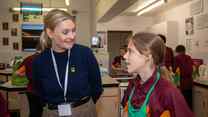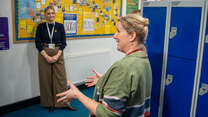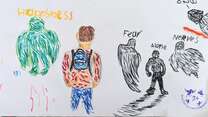Launched in May 2022, the IRC’s Healing Classrooms approach helps schools and teachers to develop inclusive and nurturing environments where refugee and asylum seeking children can gain the necessary skills to reach their full potential.
After two years of impactful work, the Department for Levelling Up Communities and Housing (DHLUC) has awarded the IRC £234,522 to expand Healing Classrooms programme and, after a successful pilot, launch the Healing Spaces programme.
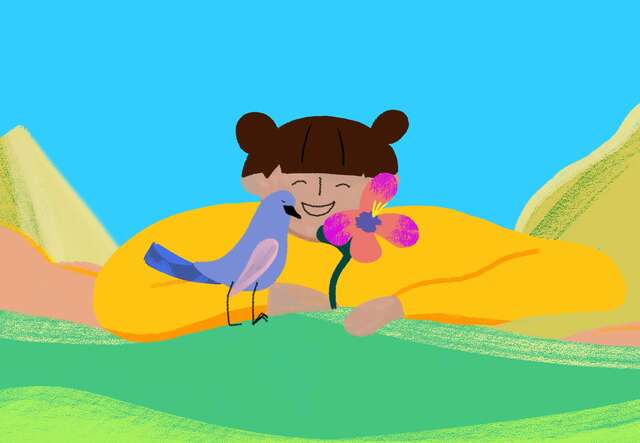
What are Healing Spaces?
The Healing Spaces training is a new training that has been developed by the education team at the IRC over the past year. The training is designed to assist community organisations, local councils and charities supporting refugee children in the UK.
Crisis and conflict effect children’s physical safety, well-being, and ability to learn.
This training explores the causes, consequences, and ways to support refugees, at the individual and organisational level, to cope with trauma and toxic stress and rebuild their lives in the UK.
It also covers practical tips on how to embed community building and social-emotional learning (SEL) in organisational activities and ways of working.
The training sessions are held online or in person and provide an opportunity to learn about the Healing Spaces trauma-informed approach and to share expertise with other practitioners supporting refugees and asylum seekers across the UK.
Bespoke training sessions are also offered, especially targeted at those that would like to book for their organisation or larger team.
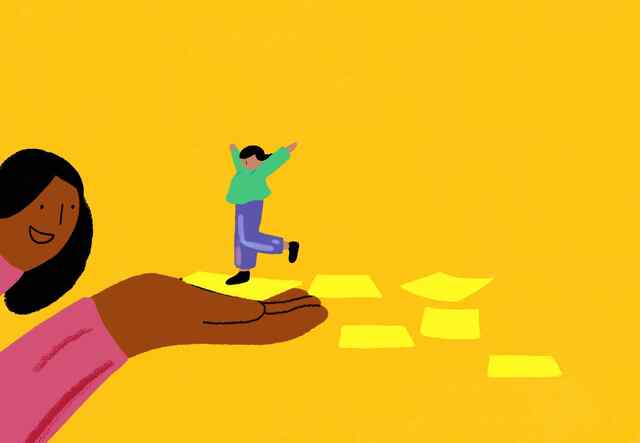
What are Healing Classrooms?
The Healing Classrooms programme aims to support schools and teachers in developing inclusive and nurturing learning spaces where refugee and asylum-seeking children can gain the necessary academic, social and emotional skills to develop their full potential.
So far, the Healing Classrooms programme has helped over 600 schools and 7,000 refugee and asylum seeking children across the country.
One school which has adopted the Healing Classrooms approach is Bishop Luffa in Chichester after 21 children from Ukraine joined when war escalated in 2022.
Speaking of Healing Classrooms, Head Teacher Austen said his staff initially had ‘no idea’ how to support the students at first.
I have no idea what I would do if I had to leave my home today, travel hundreds of miles and then start a new life in a country where I don’t speak the language. We had no idea how to support them, but fortunately we were put in touch with the IRC and were able to take part in training as part of the Healing Classrooms project. I would urge anyone who is working with children who have entered the country as refugees to join the project, as it will enable you to move beyond good intentions and begin to make a difference.
What is the impact?
The programmes aim to support at least 1,500 teachers and 500 support staff, made up of staff or volunteers who support refugees and asylum-seeking youth out of school settings, to develop trauma-informed practices and safe and nurturing spaces.
By the end of the project, at least 5,000 refugee and asylum-seeking students from Ukraine, Afghanistan and Hong Kong will be able to learn, develop and reach their full potential in healing spaces and classrooms.
All IRC trainings and resources are free of charge.
Learn more about the IRC's Healing Spaces programme and the courses we provide here, or email us at HealingClassrooms.UK@rescue.org
